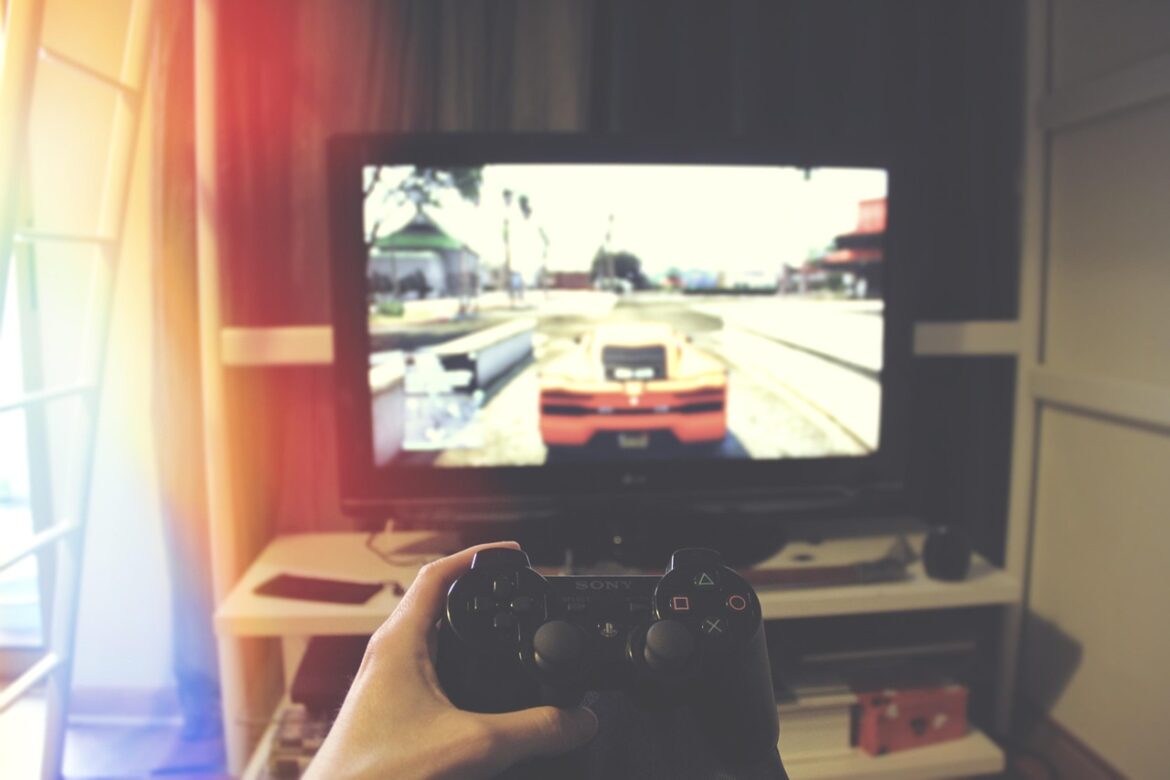Imagine playing a video game where your teammate isn’t just another human, but a self-learning AI that can strategize, communicate, and even trash-talk opponents. This isn’t science fiction—it’s the reality of competitive gaming in 2025, where artificial intelligence is becoming both a revolutionary tool and a controversial player in eSports.
The Rise of AI Teammates NVIDIA’s PUBG Ally has emerged as the first fully autonomous AI teammate, capable of handling complex tasks like combat tactics and resource management. These bots don’t just follow scripts—they learn through thousands of self-play matches, developing strategies that often stump human opponents. When OpenAI’s bots famously defeated Dota 2 world champions in 2019, it was just the beginning. Today’s AI teammates can analyze real-time gameplay, adapt to opponents’ styles, and even make split-second decisions that rival professional players.
AI Coaches: The Secret Weapon Semi-pro gamers are now turning to AI coaching platforms that analyze gameplay footage, identify weaknesses, and create personalized training regimens. These tools—once only accessible to elite teams—are helping up-and-coming players refine their skills without expensive human coaches. During a recent panel at GAISA 2025, industry experts highlighted how AI coaches analyze thousands of variables, from mouse-click patterns to combat positioning, giving players a competitive edge previously reserved for top-tier professionals.
The Production Revolution Hero Esports, backed by Tencent and Saudi Arabia’s Savvy Games Group, is pioneering AI-driven production tools that automate camera work, generate highlight reels, and even predict viewer engagement hotspots. Their AI systems analyze historical contracts and player data to optimize tournament logistics, freeing human staff to focus on creative storytelling. “We’re not replacing humans—we’re giving them superpowers,” says CEO Danny Tang, whose team manages global tournaments with AI-assisted scheduling and content creation.
The Ethics Debate The integration of AI has sparked heated discussions in gaming communities. While some celebrate the availability of challenging AI opponents and accessible coaching tools, others worry about fairness in competitive play. The outcry over PUBG Ally’s ‘legalized cheating’ reflects growing pains as the industry navigates new technological frontiers. Esports organizations are now establishing AI governance committees to standardize fair-use policies and maintain competitive integrity.
What’s Next? The line between human and machine continues to blur. NVIDIA’s next-gen AI can already interpret voice commands mid-game (“Flank left!”), while experimental systems generate custom game scenarios based on a player’s skill level. As AI becomes embedded in every aspect of competitive gaming—from training to production—the eSports landscape is evolving into a hybrid human-AI ecosystem where technology isn’t just a tool, but an active participant.
References:
- https://novoserve.com/blog/top-6-igaming-trends-ai-blockchain-growth
- https://www.youtube.com/watch?v=EZZWZAMWNkc
- https://www.hartmanncapital.com/news-insights/genai-in-gaming-industry-report-q1-2025
- https://www.scmp.com/tech/tech-trends/article/3307095/tencent-backed-hero-esports-leverages-ai-bid-become-global-leader
- https://stories.jobaaj.com/news-updates/tech/level-up-2025-mobile-gaming-s-immersive-ai-powered-future
- https://en.wikipedia.org/wiki/OpenAI
- https://www.youtube.com/watch?v=YSKRWGmx0oE
- https://lab51.io/category/ai/



